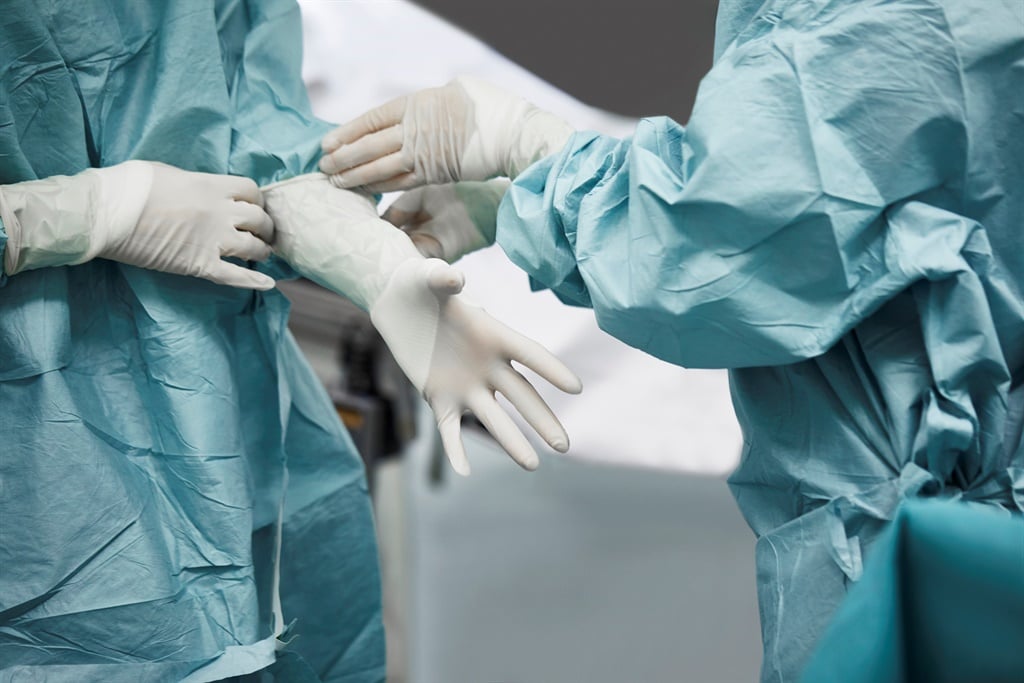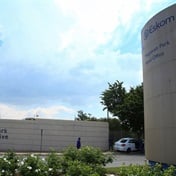
The recent Gordon Institute of Business Science healthcare industry conference, held online for the first time, highlighted the successes of South Africa’s healthcare providers in collaborating through the Covid-19 pandemic. But the conference also exposed conflicting views when it came to assessing government’s effectiveness throughout the process.
A strong takeaway from the conference was the need to ensure the availability of quality personal protective equipment (PPE) in future. This opened up discussions around potentially creating a central delivery system for PPE as well as the need to ramp up local manufacture.
Tanya Vogt, executive officer of the SA Medical Device Industry Association (Samed), outlined the barriers and challenges Samed faced importing PPE, testing kits and essential equipment into the country during this time.
Vogt said: “It showed us we need to review regulatory pathways and ensure we have an agile regulatory system … We need to make sure we are less dependent on the rest of the world for medical technologies. We need to look at how we can strengthen collaboration within the African Union. Other than South Africa, almost no medical manufacture takes place in Africa.”
Held in a completely virtual format with one high level session scheduled per day, this year’s conference was moderated by Elton Dorkin, head of health at Anglo American. It featured representatives from government, Business4SA, South Africa’s largest hospital groups, medical aid schemes, industry bodies and laboratories.
The country’s handling and response to the Covid-19 pandemic was the dominant theme for the week, with assessments ranging from applause for the significant shifts and improvements made to passionate criticism of government’s approach as well as deep concerns about the inequality the pandemic had exposed across the healthcare sector.
READ: Stronger governance is at the heart of addressing the health workforce crisis
Many of the speakers close to the state-led response were optimistic that the learnings over the year would pave the way for the National Health Insurance and the roll-out of universal health coverage. But others were less encouraged.
“Collaboration was the watchword throughout all of this,” said Dr Charl van Loggerenberg, general manager of emergency medicine at Life Healthcare. “As an individual, I’ve had more conversations, sharing and learning with healthcare partners in government in the last year than the preceding 10.
“This shows how this pandemic has brought together healthcare professionals from across the spectrum.”
Meanwhile, Dr Kgao Legodi, chairperson of the private practice committee of the SA Medical Association, said that “collaboration with government was not that successful”.
Legodi said proposals put forward by the association had yet to yield a response from government.
What was clear, from all sides of the debate, was that while Covid-19 had highlighted the potential for collaboration and implementation, it was vital that the country not only focus on improving systems and making tough choices, but also seriously tackle the complete digital integration of the entire healthcare system. This was seen as essential to the successful achievement of universal health coverage.
But, commented Professor Alex van den Heever from the Wits School of Governance: “Lessons have not been internalised, in my view. Government is very reluctant to change institutions to remove mismanagement and corruption. Consequently, the retention of poor governance structures continues to distract government from its proper purposes.”
Despite such concerns, others felt that the crisis had been leveraged to create opportunities and highlight areas of potential focus.
Dr Stavros Nicolaou, head of Business SA’s Public Health Workgroup, noted that “the vulnerabilities of the system have been exposed, particularly in terms of global supply chains and the supply of PPE”.
But, he added that solidarity had also emerged through the process of coming together across the public and private sectors.
“Often the good parts are not covered by the media,” said Nicolaou, adding that the management of mortality and morbidity rates and the levels of coherence across the system has been laudable.
READ: Covid forces government to fast-track hospital refurbishments
“This demonstrates that we’ve done certain things correctly as a country, rather than doing everything badly. We are in a better position than many were predicting we would be by this month.”
Amil Devchand, CEO of the Lenmed Hospital Group, also noted that despite negative media reporting, it soon became clear early on in the fight against the coronavirus that existing systems could be adapted and that “we can do this”.
He said: “It took Covid-19 to bring all parties to the table. This was a great step in the right direction and, post-Covid-19, I hope we can build on this.”
Dr Lance Lasersohn, a specialist anaesthesiologist and intensive care physician, noted that “it’s the first time I’ve seen government understanding its own costs in the public sector”, let alone gaining some understanding of how the private sector works.
The corruption around the procurement of the PPE and essential medical equipment was discussed with understandable concern, with Western Cape Health MEC Nomafrench Mbombo calling for a decentralised approach. Dr Nicholas Crisp, the public health consultant in the national department of health, labelled corruption “the big failure” that “has left us red-faced and angry. But steps have been taken to intervene”.
Crisp added: “Covid-19 has shown we can do it and we can find ways to improve systems. It’s time to make tough choices.”
The conference concluded with a future-focused look at the innovations and the increasing role healthcare technology will play in the future.
This brought the digital conference full circle to the expanding role of a more digitally enabled healthcare experience that spans the public and the private sectors and elevates the role and importance of wellness.




 Publications
Publications
 Partners
Partners











